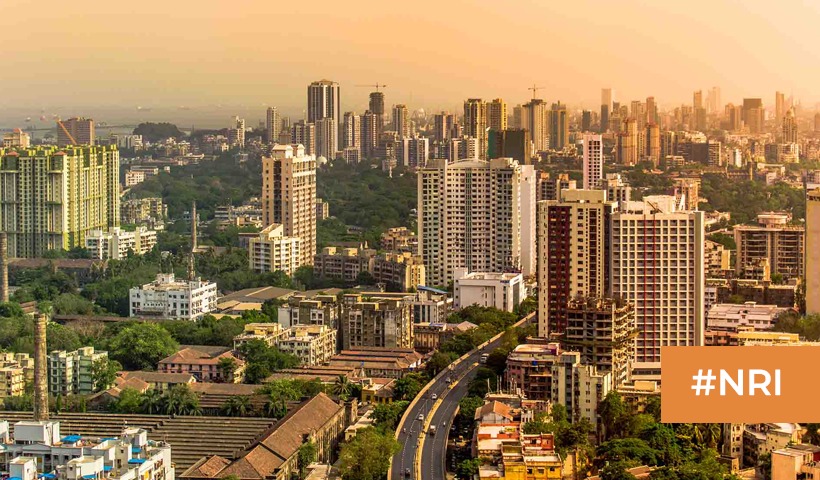Key NRI Documents for Property Purchase in India!
Here are the documents required for NRIs to purchase a property in India:
- Passport: A valid passport is required for all foreign nationals, including NRIs, to purchase property in India.
- Visa: If the NRI does not have a permanent resident visa, they will need to obtain a temporary visa to enter India and purchase property.
- PAN Card: A PAN Card is a Permanent Account Number issued by the Income Tax Department of India. It is required for all individuals and businesses who have taxable income in India.
- Aadhaar Card: An Aadhaar Card is a 12-digit unique identification number issued by the Unique Identification Authority of India (UIDAI). It is not mandatory for NRIs to have an Aadhaar Card, but it is becoming increasingly common for banks and other financial institutions to require it.
- Bank Statement: A bank statement showing the NRI’s recent financial transactions is required to prove that they have the financial means to purchase the property.
- Income Tax Returns: The NRI’s latest income tax returns are required to prove that they have been paying taxes in India.
- Power of Attorney: If the NRI is not able to be present in India to complete the purchase process, they will need to appoint a Power of Attorney (PoA) to act on their behalf. The PoA must be registered with the Indian embassy or consulate in the NRI’s home country.
- Property Valuation Report: A property valuation report is required to determine the fair market value of the property. This report is usually prepared by a qualified real estate appraiser.
- Title Search Report: A title search report is required to ensure that the property is free from any encumbrances, such as mortgages or liens. This report is usually prepared by a qualified lawyer.
In addition to these documents, the NRI may also be required to provide other documentation, such as a marriage certificate or a divorce decree, depending on their individual circumstances.
It is important to note that the requirements for purchasing property in India can vary from state to state. It is advisable to consult with a lawyer or real estate agent who is familiar with the requirements in the specific state where the property is located.
Disclaimer: The views expressed above are for informational purposes only based on industry reports and related news stories. PropertyPistol does not guarantee the accuracy, completeness, or reliability of the information and shall not be held responsible for any action taken based on the published information.




